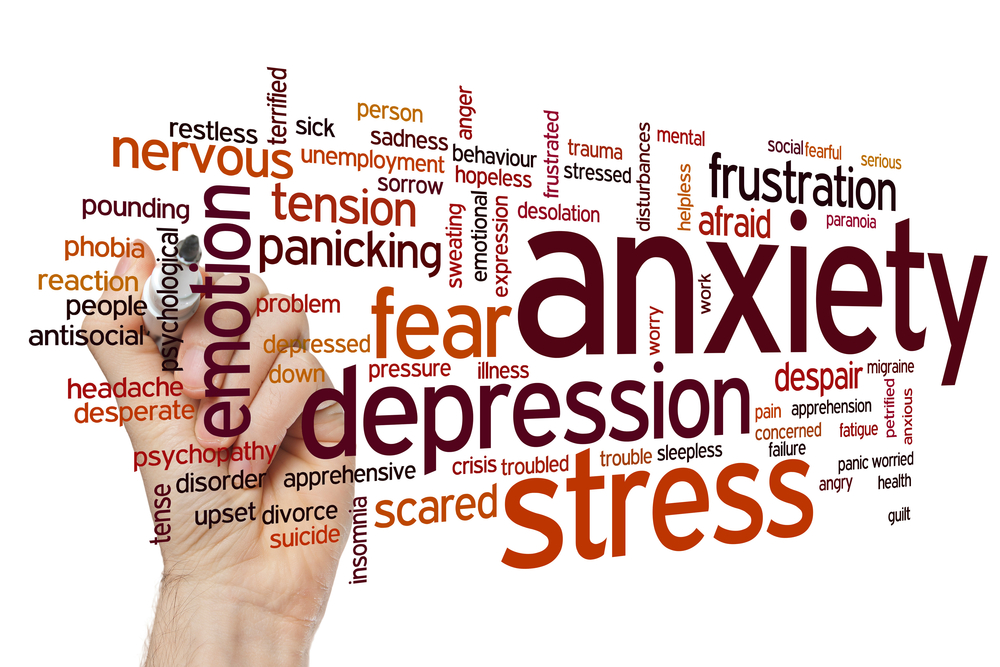Dialectical behavior therapy (DBT) is an evidence-based, psychotherapeutic approach that emphasizes the psychosocial aspect of treatment. It combines standard cognitive behavioral therapy (CBT) techniques with concepts derived from Buddhist meditative practice. Since its inception, dialectical behavior therapy has been and remains the gold standard method of treatment for individuals diagnosed with BPD. Its efficacy has also expanded to other ailments, and according to Behavioral Tech it is currently noted as helpful in treating mental health conditions such as bipolar disorder, eating disorders (e.g., bulimia nervosa, binge eating disorder, etc.), attention-deficit hyperactivity disorder (ADHD), depression, and more. DBT is particularly helpful in treating issues related to emotional dysregulation. Emotional dysregulation is a term used within the mental health field to denote irrational, poorly modulated emotional responses, which is highly common among adolescents.
Multifaceted Therapeutic Approach
Psychology Today explains that the “goal of DBT is to transform negative thinking patterns and destructive behaviors into positive outcomes.” This therapeutic modality focuses on teaching behavioral skills in four main areas: core mindfulness, distress tolerance, interpersonal effectiveness, and emotion regulation. The full DBT course and skills curriculum typically runs approximately six months long. Around six of the twenty-four-weeks is allocated to each of the four core skill modules, respectively. To successfully impart the core skills, dialectical behavior therapy is comprised of different therapeutic components, which include:
- Individual therapy sessions: one-on-on therapy sessions allow a teen to work in a co-creative fashion with his or her mental health clinician to identify prohibitive, damaging, and maladaptive thoughts and behaviors. Through positive reinforcement, individual therapy sessions motivate change and emphasize a teen’s strengths, which helps to repair and improve his or her sense of self. They are also focused on enhancing the teenager’s motivation.
- Diary cards: a diary card is a tool used to track one’s emotions throughout the week, identify which DBT skills were used and determine if they were helpful. A teenager’s diary card will be reviewed with his or her therapist during each individual therapy session.
- Group DBT skills training therapy sessions: group sessions provide teens with an opportunity to learn DBT skills alongside other teens experiencing similar challenges. Group therapy sessions also provide a safe, controlled environment for the participants to practice implementing the newly learned DBT skills.
- Homework: assigning homework is an integral component of group skills therapy, as it encourages teens to continue using the DBT skills in their everyday lives. There are certain worksheets that are associated with each of the core skill modules.
- Coaching: during the time between individual therapy sessions and group therapy sessions, a client may encounter difficult to navigate situations and/ or find him or herself in crises. Phone coaching is used during these times to offer in-the-moment support. A teenager can call his or her clinician for assistance with implementing DBT skills and/ or obtain support and guidance with managing difficult situations that arise in everyday life.
The philosophical perspective of dialectics, balancing opposites, influences the DBT process. Through DBT an adolescent will learn to identify ways to hold two seemingly opposite perspectives simultaneously. This, in turn, promotes balance and minimizes the tendencies to think in absolutes (e.g., viewing all in black and white, all-or-nothing style of thinking, etc.). DBT encourages an inclusive worldview and perspective (both- and) instead of an exclusive (either- or) outlook on life. Dialectical behavior therapy helps adolescents foster healthy coping mechanisms and useful techniques for managing stress, regulating emotions, and improving relationships with others.
The information above is provided for the use of informational purposes only. The above content is not to be substituted for professional advice, diagnosis, or treatment, as in no way is it intended as an attempt to practice medicine, give specific medical advice, including, without limitation, advice concerning the topic of mental health. As such, please do not use any material provided above to disregard professional advice or delay seeking treatment.


